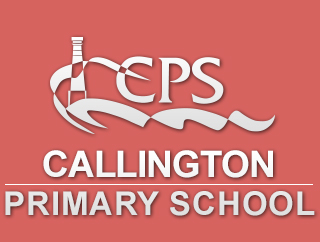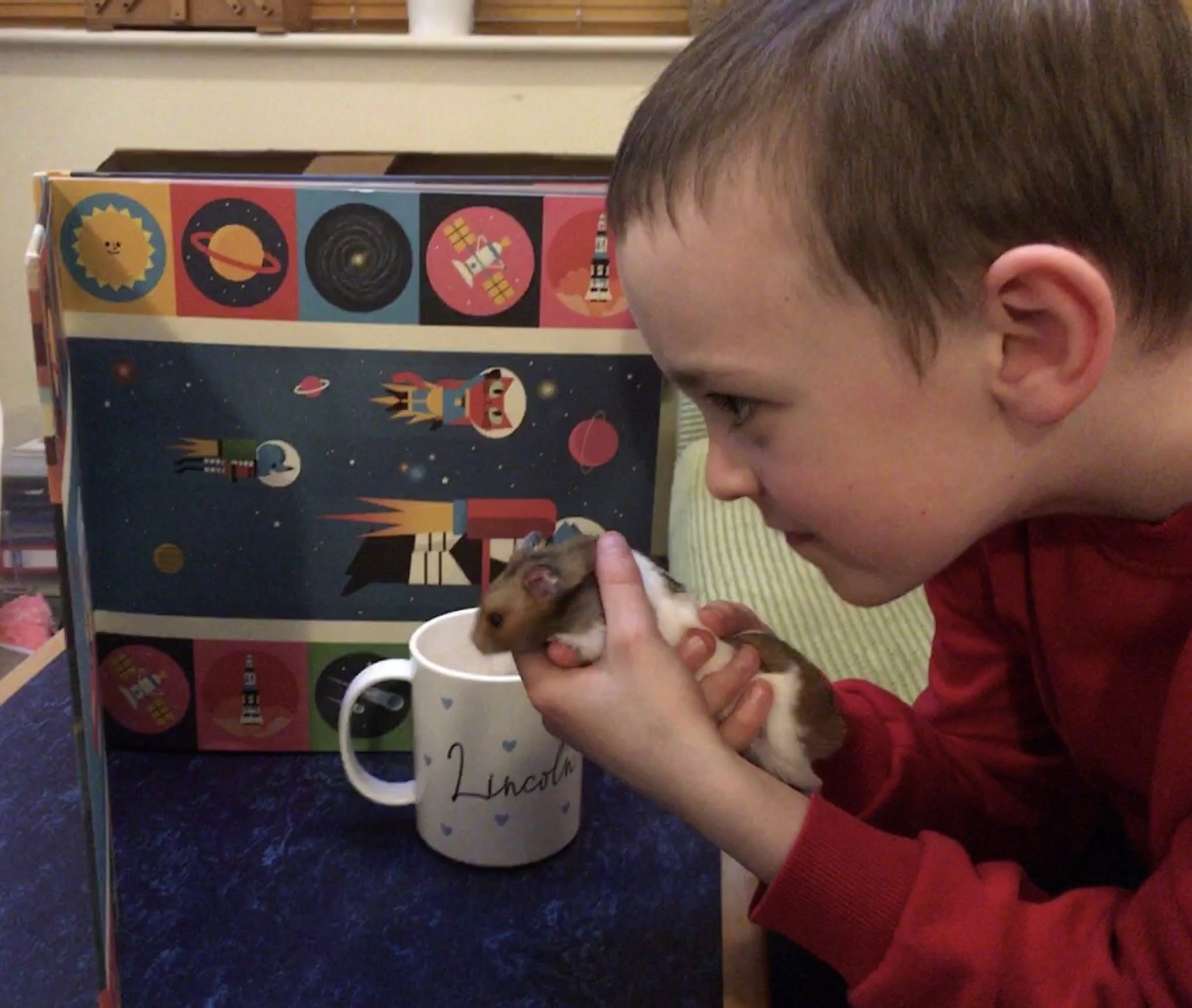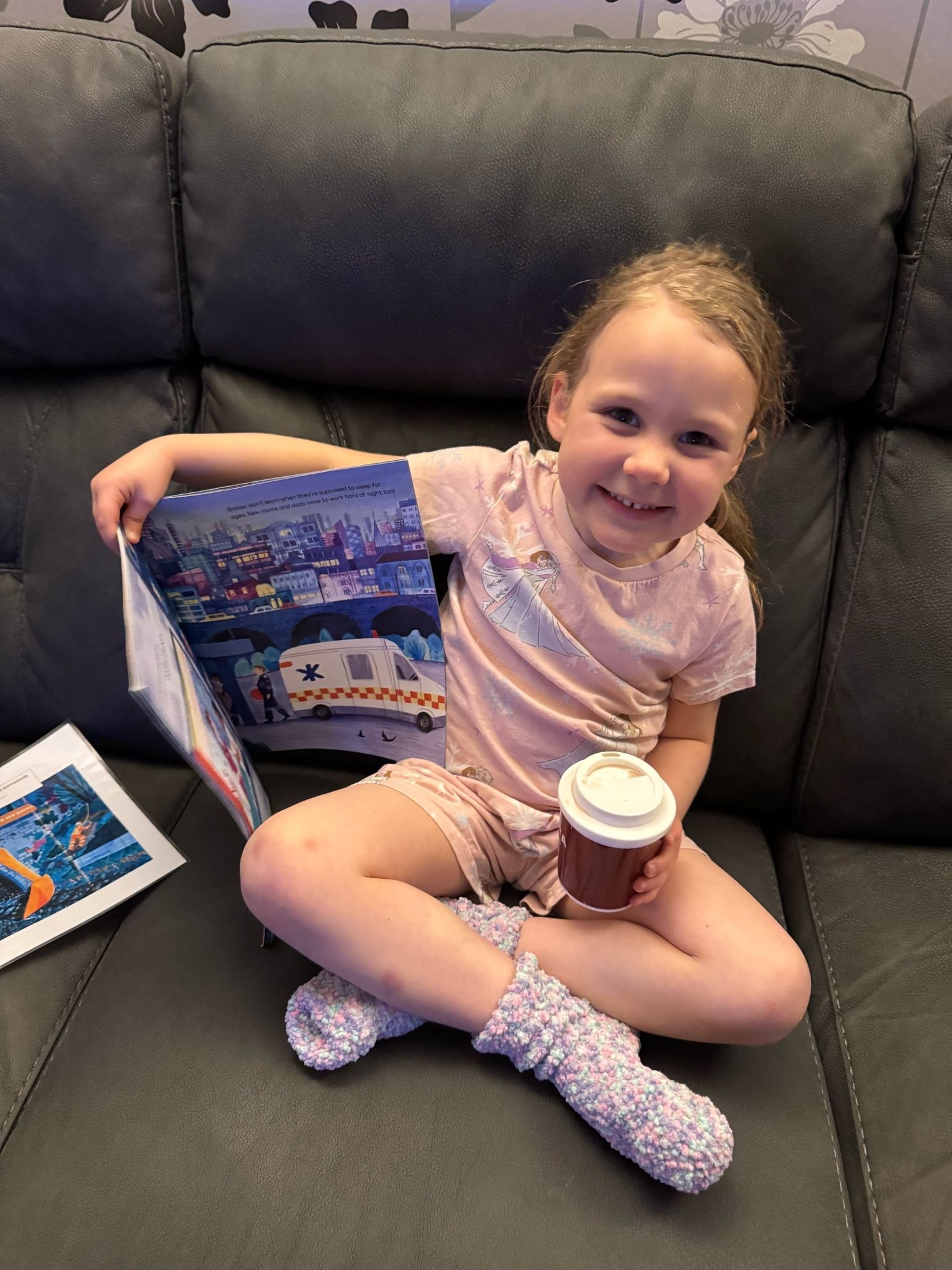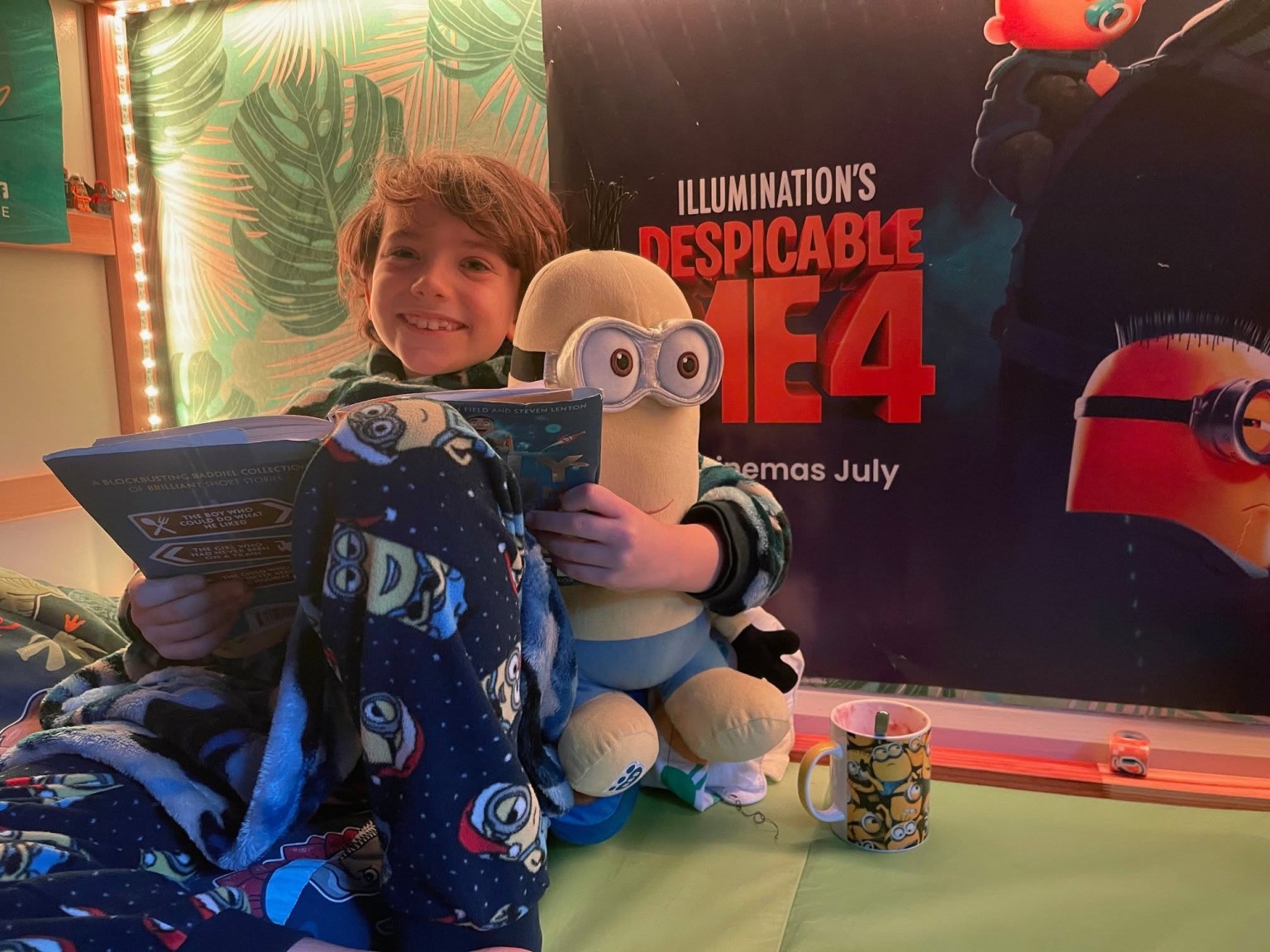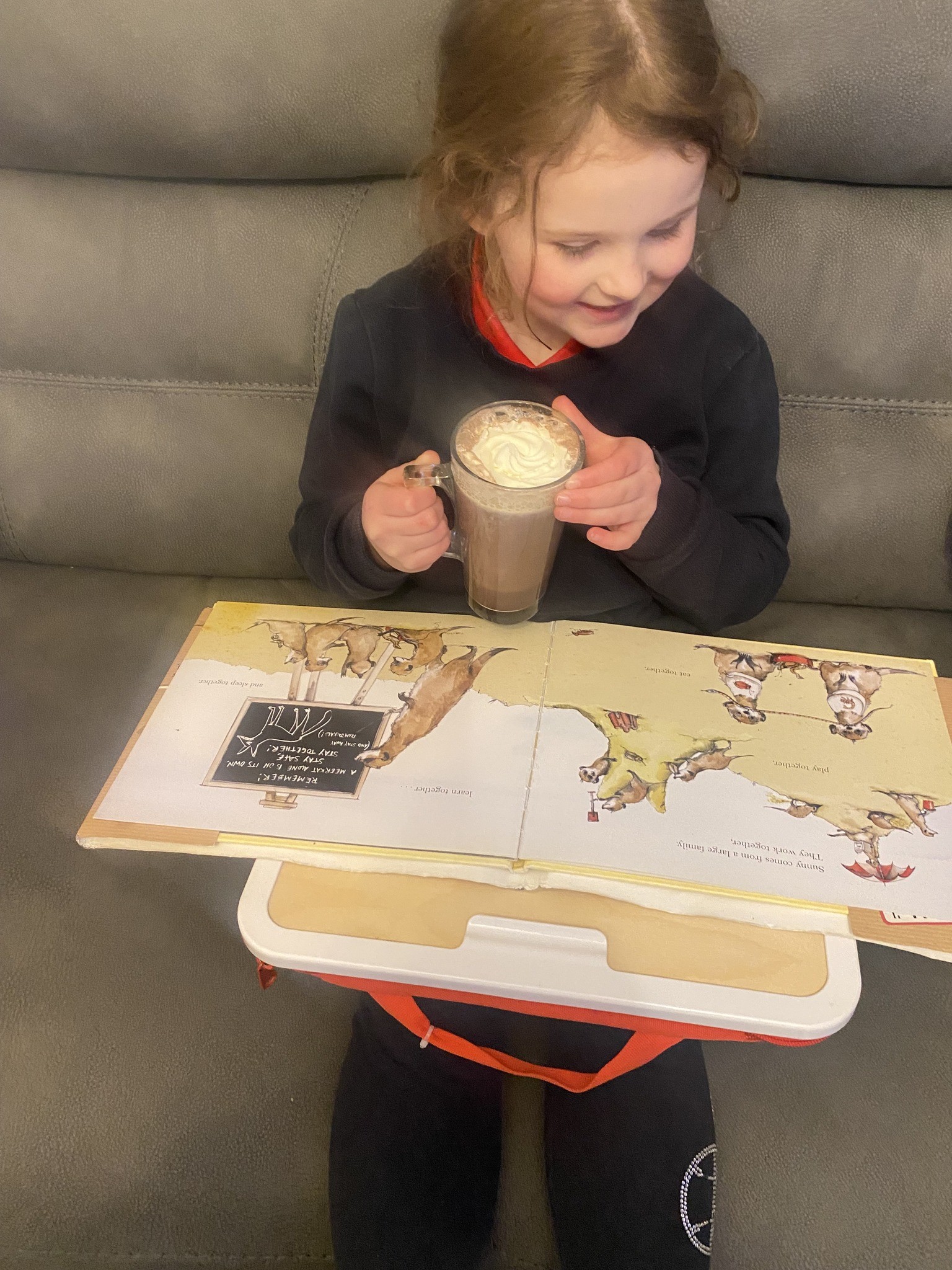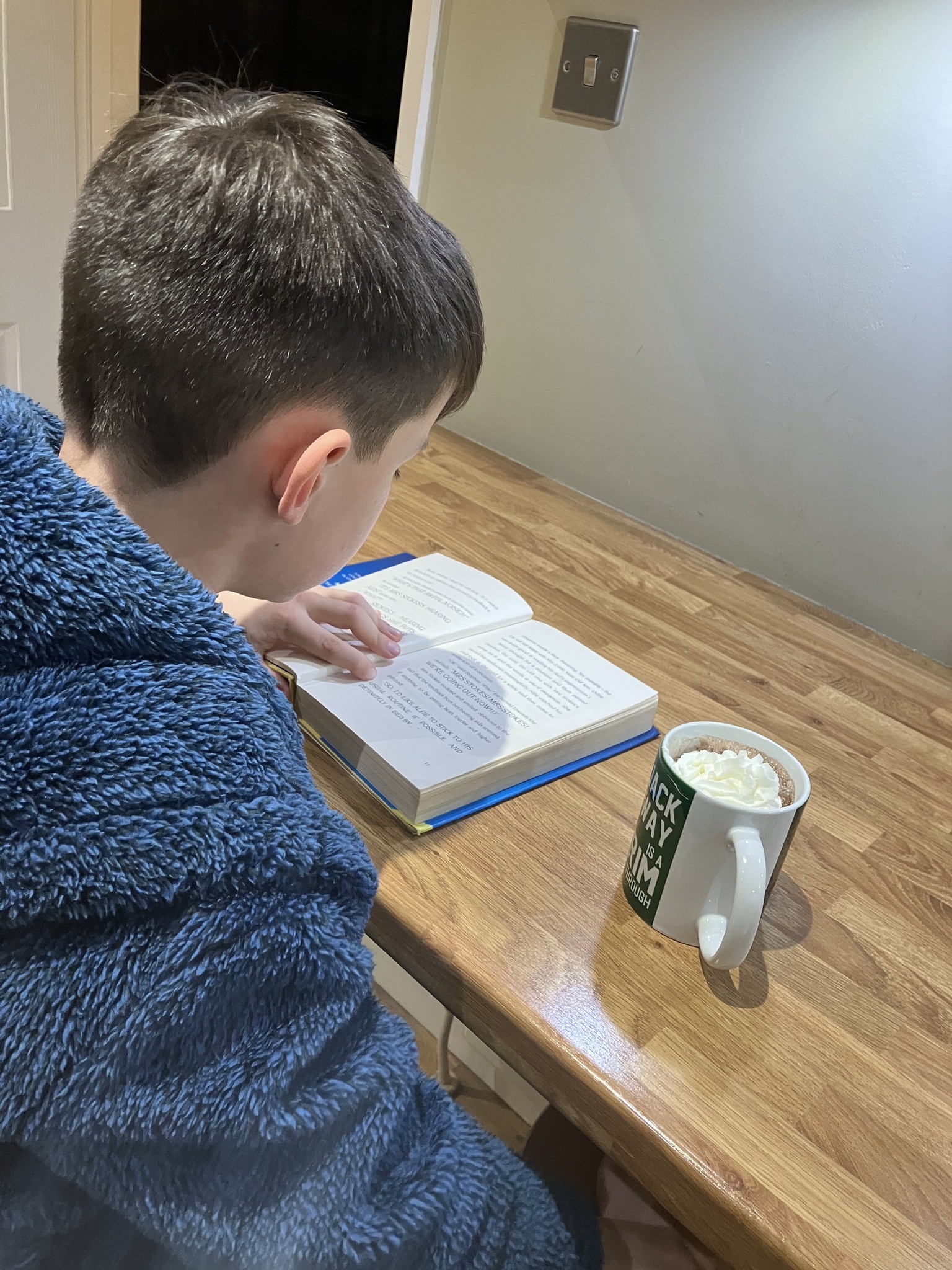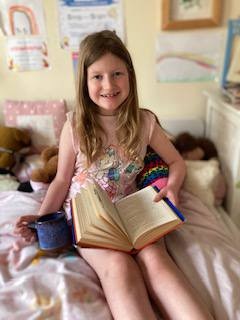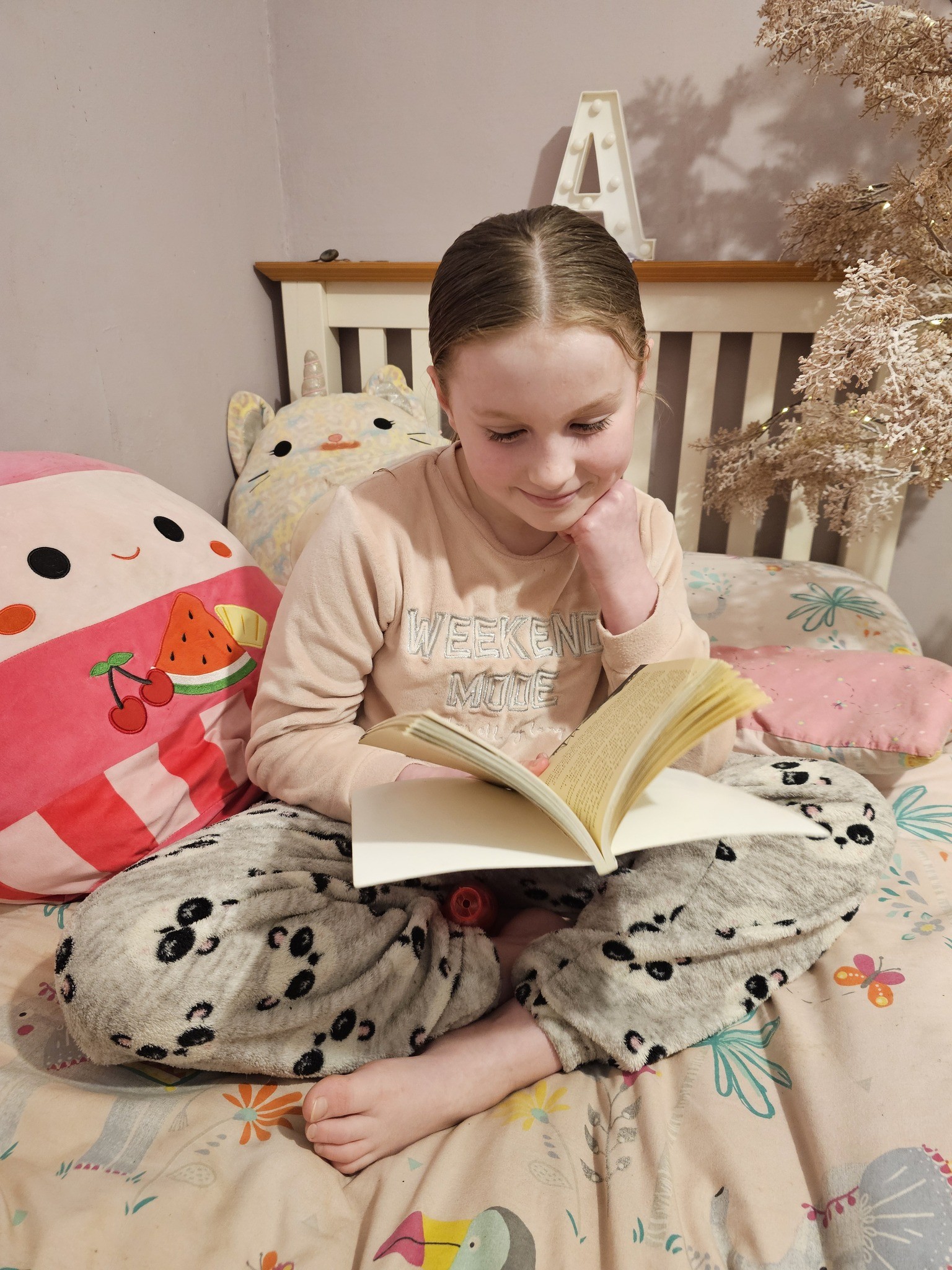At Callington Primary, we believe every child can learn to read, no matter their background, needs, or abilities. We want all our children to become confident, fluent readers who love getting lost in a good book! They will be exposed to a variery of stories, poems, rhymes, and fascinating non-fiction to help them grow their vocabulary, understand language, and spark a genuine passion for reading.
We're here to inspire a lifelong love of reading. When children can read with confidence and understand what they're reading, they gain the "will to read" and unlock the ability to "read to learn."
Reading truly is at the heart of everything we do at Callington. It underpins every subject, helping children gain rich knowledge across the curriculum. By offering a wide variety of books, we aim to broaden their minds and experiences, helping them understand the world around them and develop their cultural understanding.
Because reading is such an important life skill, we're dedicated to helping our children become independent readers. This means they can easily process information, fully engage in all their learning, and be well-prepared for the exciting next steps in their education.
By the end of Year 2 (Key Stage 1), children will be confident in sounding out words. By the time they leave us at age 11, we want our children to be able to:
- Read with confidence, fluency, and a good understanding, using different strategies to help themselves if they get stuck.
- Enjoy a wide range of reading materials and choose to read for fun and pleasure.
- Read confidently to find information.
- Develop a rich vocabulary and understand how language works.
- Meet, and ideally exceed, age-related expectations for reading.
Whole Class Guided Reading
From September we are moving across to Literacy Tree. Please see below for some more information.
https://literacytree.com/literary-leaves/
Literary Leaves are book-based comprehension planning resources for Y2-Y6 designed to support teachers with the teaching of reading, using whole books, rather than extracts. At St Stephens we use them as the structure for our whole-class guided reading sessions.
Each Literary Leaf has 10-20 session notes, with each session focusing on skills from the Programme of Study, so that children have the opportunity to secure them deeply. In many cases the same question stem is repeated to ensure teachers can model how to answer questions, before the children apply it themselves.
Reading for Pleasure
At Callington Primary, reading for pleasure is a huge priority across our whole school. We truly believe in creating a school-wide culture where every child has the opportunity to develop a real love for reading.
Every day, our teachers read aloud to the children from their class book. These books are chosen with care to make sure there's a fantastic range of high-quality, diverse stories that will engage every child. Please see our whole school reading spine below.
Below, you'll find Callington Primary's list of suggested key texts for class read-alouds. We regularly review and update this list to suit the needs of each class and to include new and more diverse books when appropriate. And of course, many more books than these are shared with the children throughout the year!
Children have daily opportunities for regular reading, whether that's independently, with a partner, or in small groups. This also includes our fun weekly book swap with pupils from another class! Teachers actively promote reading for pleasure by making recommendations and having informal chats about books. We carefully keep track of what children are reading so that staff can monitor, develop, and extend their reading experiences whenever needed. Our book corners are inviting spaces, filled with a select number of high-quality books that children can borrow.
VIP Readers
This is a whole school initiative to promote reading for pleasure and the joy of reading as a family. Your child will have the opportunity to come home with the ‘VIP Reader’ pack which is for them to keep until Thursday of next week.
Inside, your child will find a carefully chosen book to enjoy. We have selected books which feature several short stories in the hope that you will be able to finish at least one over the course of the week. Reading to your child is so important and we have picked these for families to read aloud to their children.
Your child will also find a special treat inside of a hot chocolate. It is the perfect chance to find some time over the week to snuggle up and enjoy the book together.
The pack is also filled with some art supplies and a few sheets of paper. Your child will be challenged to create a page for their class reading scrapbook to show the class something they have enjoyed, learnt or have found interesting about the story. This is a chance to get creative; your child can choose what or how they want to create something for the reading scrap book.
